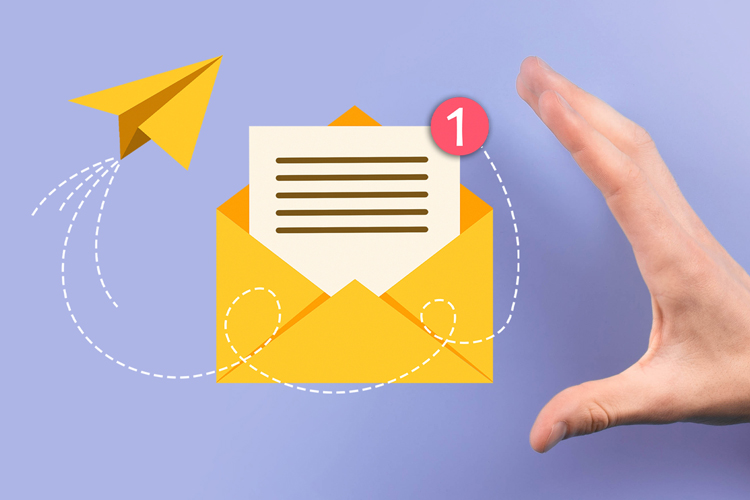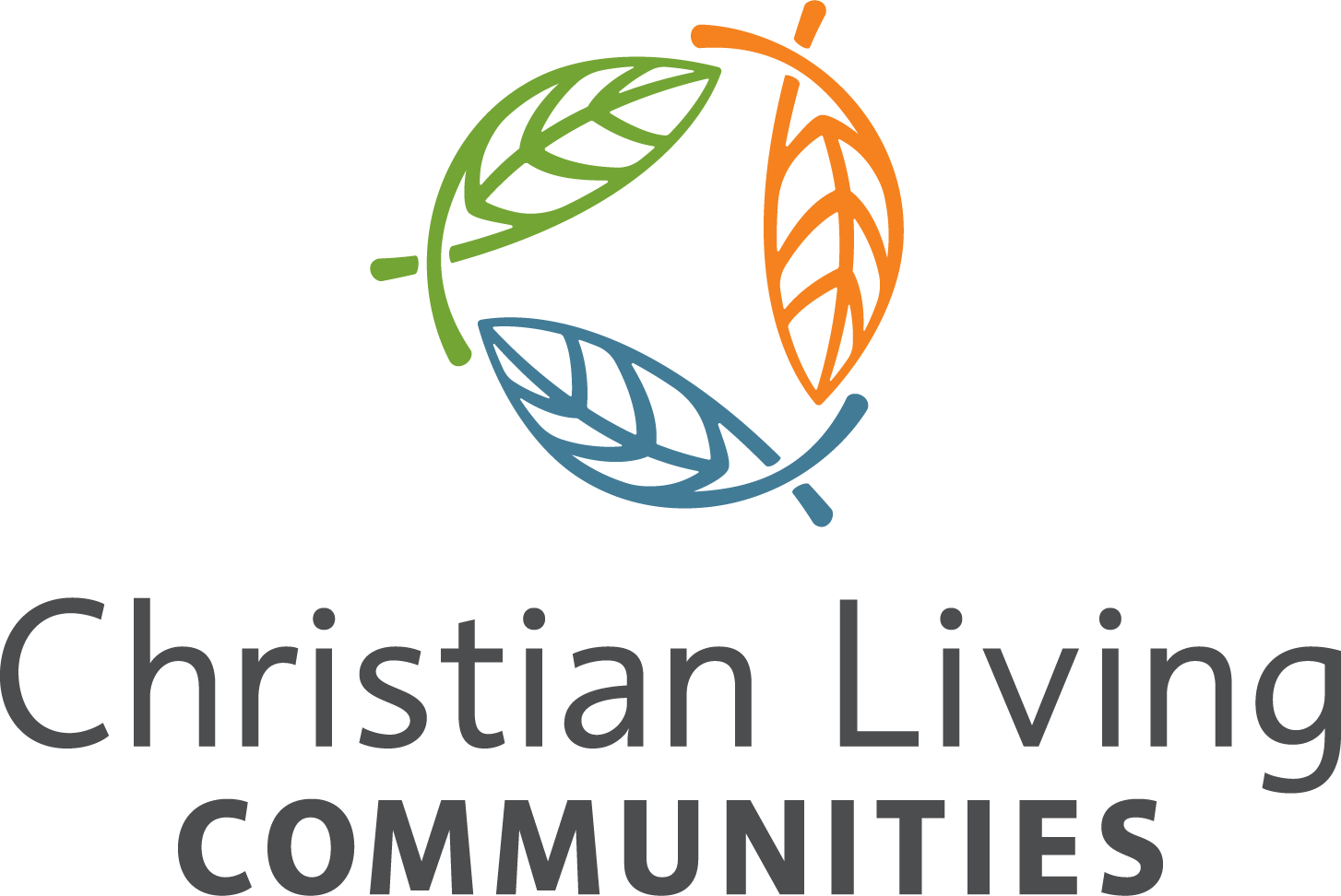Marketing a non-profit or not-for-profit business presents some unique challenges as well as opportunities. In this dynamic landscape, leveraging the technical tools is essential to amplify your impact. Beyond traditional strategies, employing digital resources such as Google Grants and other platforms can significantly boost your reach and engagement, leading to better brand awareness. Here's a comprehensive guide on making the most of the opportunities available to you when developing digital marketing strategies for a non-profit.
Harness the Power of Google Grants for Non-Profits
Apply for Google Ad Grants
Google Ad Grants provide eligible non-profits with $10,000 per month in Google Ads spending. Apply for the grant through Google for Nonprofits to enhance your visibility in Google search results. Once you are approved, if you have in-house talent, you can manage the account yourself. If not, multiple agencies can help you for a monthly fee. Using an agency with extensive non-profit experience can make a big difference here.
Strategic Keyword Planning
Before you launch your Google Grant account, you need to understand what is important to your audience and the specific pain points your non-profit addresses.
By conducting thorough keyword research, you can identify terms relevant to your cause. Use this information to build out your campaigns or give the information to your agency. They will likely recommend additional keywords and keyword phrases to target. Next, craft compelling ads that align with your mission, ensuring they incorporate these keywords to maximize visibility. Keep in mind, Google Grant accounts are limited to only Search campaigns, so compelling content is critical to success.

Measure and Adjust
Review your campaigns every month for high-performing and low-performing keywords. If after 90 days, some keywords are simply not producing conversions, it’s time to make an adjustment. The more you cull poor performers and add new keywords, the more you will learn what really matters to your audience and what messaging they respond to.
Optimize Landing Pages
Ensure that the landing pages linked in your ads provide a seamless user experience. These pages must contain the keywords you are focusing on for Google to value them and prioritize the ads. Additionally, organic traffic is more likely to find the page if you optimize for relevant keywords. Your paid and organic efforts can and should support each other. Optimize them for conversions with clear messaging about your organization’s mission and values. This is where your content can really shine. Keep the content in story form as much as possible and convey the impact you are making. Be concise, authentic, and articulate about why your cause matters. Make your narrative relatable and inspiring to captivate your audience.
Embrace Social Media
Use Facebook for Nonprofits to Boost Advertising Efforts
Facebook offers a suite of tools specifically designed for non-profits, including donation buttons, fundraising features, and ad credits. Create a Facebook for Nonprofits page to access these resources. Be careful to stay within the policies, and like Google, understand the restrictions to targeting in some ad categories like housing and employment.
Leverage Giving Days on Social Media
There are global, national and state giving days every non-profit should take advantage of like Giving Tuesday, Random Acts of Kindness Day, and National Make a Difference Day. Many of these days have media kits and hashtags that help to increase your visibility on crowded social media platforms. Participating in these efforts can require very little work and can produce a significant increase in awareness to your mission.

Communicate Your Mission & Impact
When creating your social media strategy, consider how you can connect with your audience through storytelling content. Facebook and other social media platforms are excellent communication tools for sharing stories of your organization’s mission and impact. More consumers are looking to purchase from and engage with purpose-driven businesses that align with their values. Leveraging these platforms to share impact stories helps to build trust and demonstrate your organization’s commitment to its mission.
Email Marketing and Automation
Build an Engaged Email List
Develop a segmented email list to deliver personalized content to different donor segments. Most non-profits use some type of database, some of which are specific to non-profits, including Bloomerang and Razor’s Edge. These tools offer some CRM functionality like email automation tools to send personalized messages based on user actions. For example, send a thank-you email after a donation or provide updates on specific projects and new blog content.

If your non-profit is more lead generation focused, you may need a more robust CRM that can identify market sources and lead scores and provide email automation. Reporting out this data on a monthly or quarterly basis will help you make informed decisions on your lead generation efforts. The email automation can set up triggers to nurture leads that are warm but not ready to make a purchase. This type of campaign for your email database can be a game changer if done well.
Data Analytics for Continuous Improvement
Google Analytics Integration
Google Analytics is a must for understanding how your audience engages with your website, ad campaigns and emails. Integrate Google Analytics into your website to gain insights into user behavior, demographics, and traffic sources, being careful to map your market sources. The data is only useful if this tool is set up properly. Analyze this data, comparing month over month and year over year to refine your marketing strategies continually.
Set up conversion tracking to monitor specific actions, such as form fills, donations or volunteer sign-ups. Understanding the conversion funnel can help optimize your campaigns.
Get Discounts on Other Digital Marketing Tools
Organizations like Tech Soup are a wealth of information and resources for non-profits. As a non-profit themselves, they negotiate software packages at a discounted rate for other non-profits. That means you get access to tools you may not have had the budget to purchase. Additionally, you can get top-notch training and certificate programs for your employees at discount prices.
Conclusion
In the digital era, non-profits have unprecedented opportunities to make a lasting impact through strategic technical implementation. By leveraging Google Grants, social media advertising and email marketing to tell your organization’s story and demonstrate your impact, your non-profit can expand its reach, and establish meaningful connections with supporters. Embrace the power of technology to amplify your voice, grow your customer base and drive positive change in the world.
About Cappella Digital Marketing Solutions
Cappella Digital Marketing Solutions (CDMS) provides non-profit senior living community operators with an affordable, customized option for digital marketing. As a service of Cappella Living Solutions, we bring years of non-profit senior living experience, passion and vision to our clients. Learn more about the digital marketing services we offer.
At Cappella Digital Marketing Solutions we are committed to supporting non-profit senior living communities through innovative digital marketing principles. Our mission is to apply the disciplines that have been successful in our own communities to strengthen the client’s online presence, elevate brand awareness and drive meaningful lead generation.
Want to chat? Contact us at CDMS@CLCLiving.org
About the Author
Robin Visser serves as Director of Marketing and Digital Strategies at Christian Living Communities. Robin has a wealth of digital marketing experience both in senior living and global industries, along with a background in broadcast and video production. Her strengths are in digital strategies and innovative ideas.


